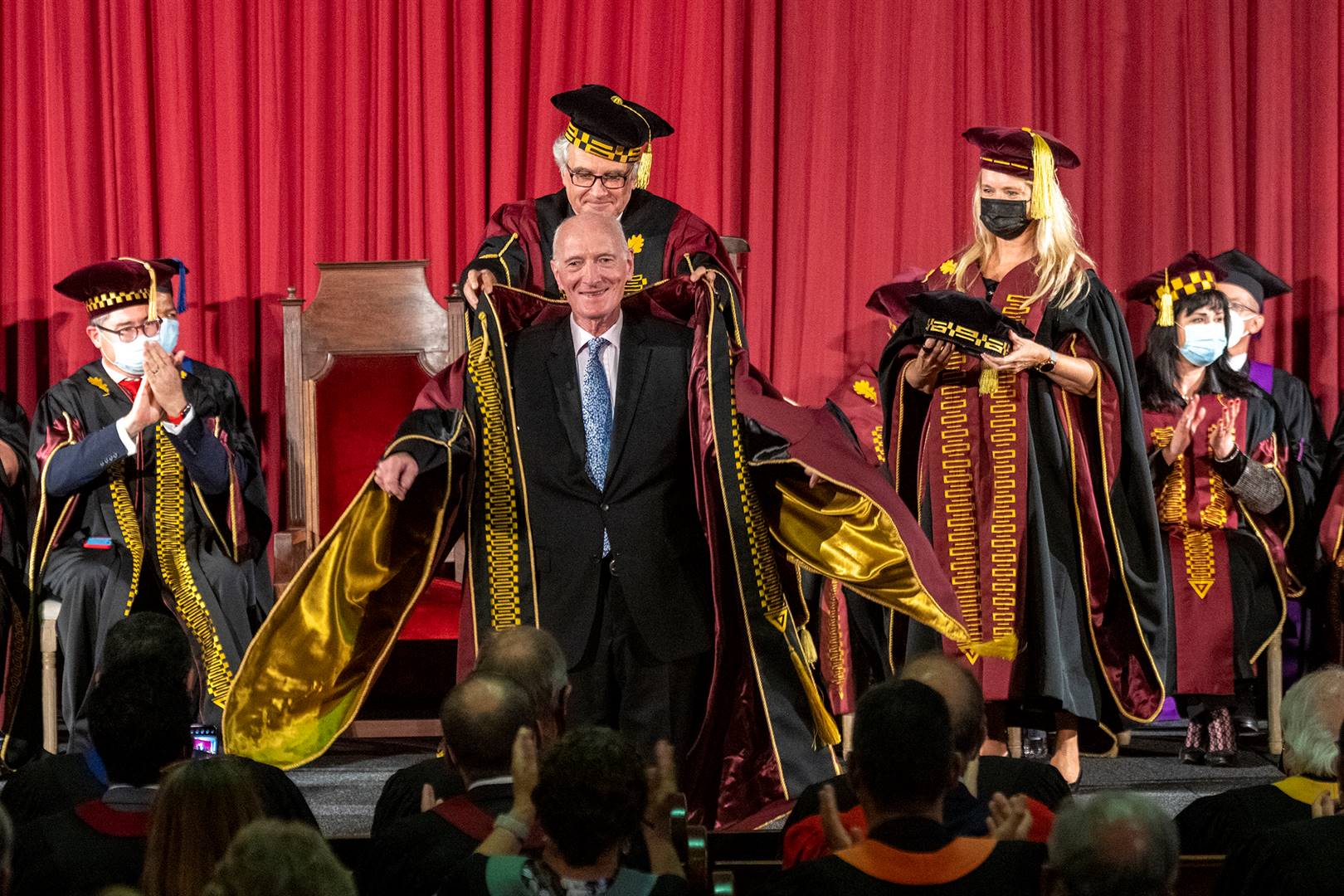Research shows that 38% of South African journalists make use of artificial intelligence tools
Journalists are using artificial intelligence (AI) without fully understanding the implications of the tool, the 20th annual African Investigative Journalism Conference (AIJC) heard on Wednesday.
The conference ,hosted by the University of Witwatersrand’s School of Journalism, brought together investigative journalists from about 43 countries to discuss security threats the industry faces, with calls made for regulatory frameworks for the use of AI following a technological surge that has undermined citizen trust in the media.
“Journalists and newsrooms are introducing AI without fully understanding the complications, we have to consider who is introducing it in the newsroom and where that person positions journalists in the ecosystem,” Namibia Media Trust director Zoe Titus told the forum.
The director of the Nigerian Media Innovation Programme, Deji Adekunle, said AI had caused people to lose further trust in the media and “that is why we need a regulatory framework on the use of AI for journalists”.
Adekunle said journalists needed to be transparent about the use of AI in their reporting.
“We need to say, we are using AI in this story,” he said.
According to a survey by research firm In On Africa, 59% of working South Africans know about ChatGPT, but only 38% have used AI tools.
Titus said that because of the rapid growth of AI “the media is facing an existential crisis through market failure” and that algorithms could affect “the intellectual property of journalists”.
Essentially, an AI algorithm is an extended subset of machine learning that tells the computer how to learn to operate on its own. The information provided by journalists to AI tools such as ChatGPT collects the data and produces the information for another ChatGPT user.
While people have criticised the use of AI in newsrooms, a panel discussion on the use of “AI investigative power” emphasised the need to use technology to revolutionise the newsroom.
“It has the potential to contribute significantly to newsrooms if moderated efficiently,” Code for Africa fellow Amanda Strydom said.




















Discussion about this post